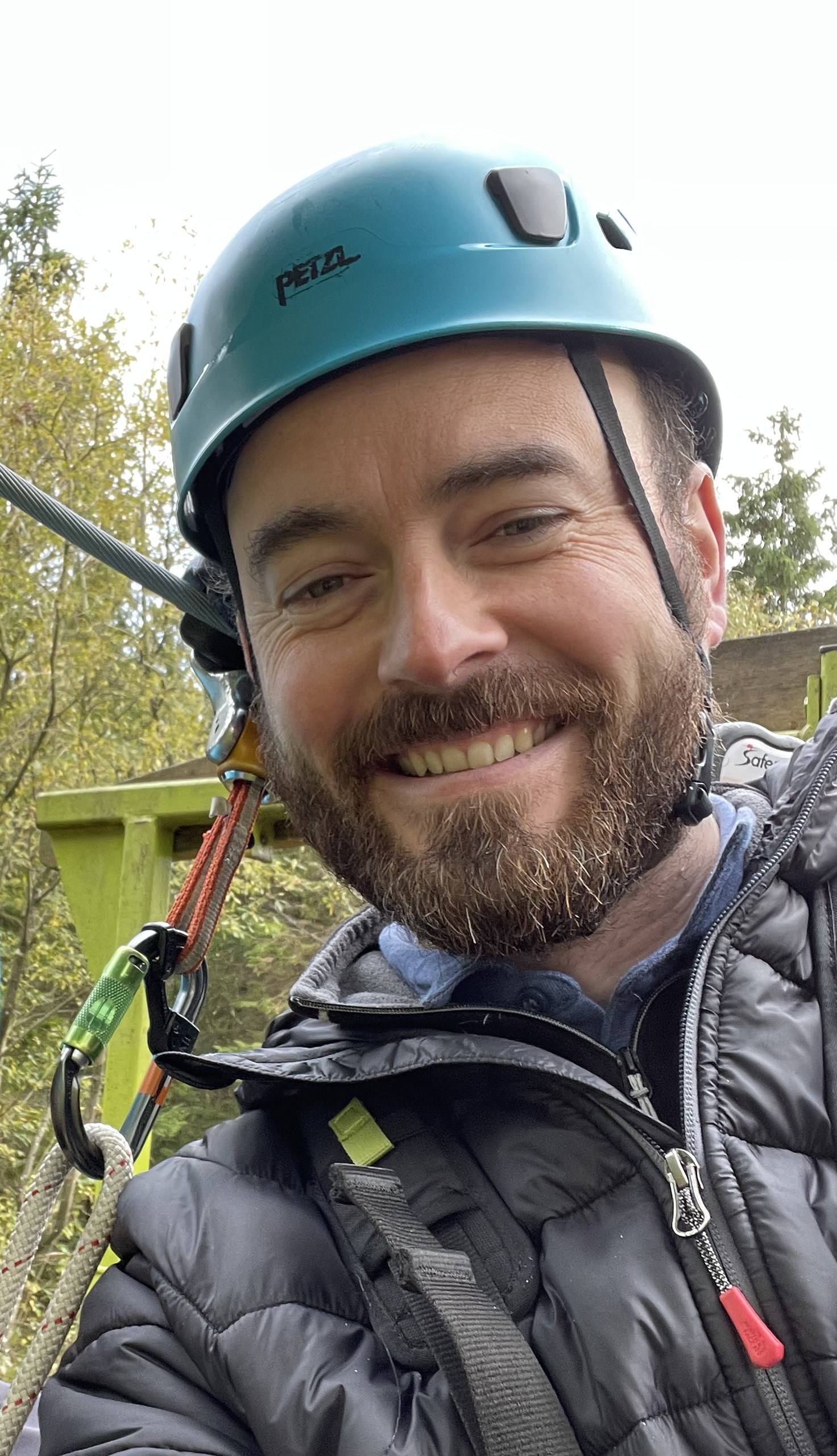Camping tents allow you the best outdoor experience, and it’s even more fun if you have large families or groups to accompany you. The size of a camping tent is denoted by the maximum number of people that can be accommodated in it. To be more precise, the number of people that can comfortably sleep in a tent best denotes the size of the tent. It may sound simple, but it entails more profound thought.
Tents may be needed not only for sleeping but also for living. Therefore, you need more space than you think.
Large-sized tents
Choosing a 4-berth tent works perfectly for 2 people – preferably adults. Similarly, large-sized tents are best suited for families. As far as children are concerned, they are happier when they have separate compartments for sleeping. The bigger the tent size, the more space it takes up in your car.
Furthermore, it may be more expensive as well. Therefore, choosing the right size tent is crucial. Larger tents are mostly heavy. You should be prepared to carry heavy weight in your car or during backpacking. If the tent is supplied in multiple bags, you must take them all when you decide to go on camping trips.
Small-sized tents
If the camp tents are small, you will have less headroom. If headroom is not a big concern for you, then there is no harm in choosing small tents. However, when you decide to go on a camping holiday, you may wish to stand up with comfort. Therefore, look for headroom before buying a tent and don’t simply believe the image on the brochure.
Some tents have layers of fabric, but not all of them. If you choose small, lightweight tents, remember they come in a single layer. Moreover, some large tents made of pure cotton fabric are single-layered. The family camp tents mostly have fabric inside and outside. The gap between the two layers should be assessed to ensure no scope for leakage.
Smaller tents have flysheets above the inner layer for protection against the weather.
Sizing for people
The camping tent manufacturers are attempting to design standard sizes for tents. However, considering the distinct requirements of people, it may not be feasible to standardize it. Unlike air beds or sleeping mats, tents have no specific size. They are available in different sizes.
Check out the floor plan to compare the people occupying the tent in sleeping areas. Look at the sizes of mats or beds you wish to use there and ensure they fit in the tent. Besides that, you should also have adequate space to include in your luggage.
- Take a closer look at the tent before you buy and try to enter inside.
- Ask other members (who will be a part of the camping trip) to join you as well.
- Lie down to figure out how spacious or cramped it is and whether you have enough space to move around.
If it matches your requirements, you could add it to your list as one of the preferred choices. Just drop the idea if you find it unsuitable.
Sleeping capacity
To correctly determine the size, you should know the sleeping capacity of the tent. When you choose a tent, you should go for it depending on the group size. You should also check if additional space is required to accommodate dogs, gear or friends. No manufacturer defines the dimensions of the tents by the count of people.
Before you evaluate the tent capacity, ensure you actually get in it. For more space, you can upsize the tent capacity by 1 person if you or your family members are claustrophobic or need space for tossing and turning during the night.
You should consider these factors to choose the right size tent for your camping requirements. Several camping tents are produced by various manufacturers to provide the best camping experience. After deciding on the approximate size of the tent, you can check out the features and purchase one.

